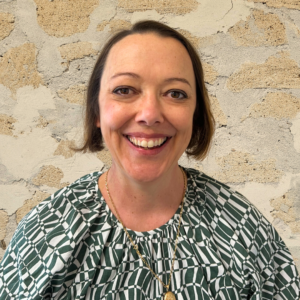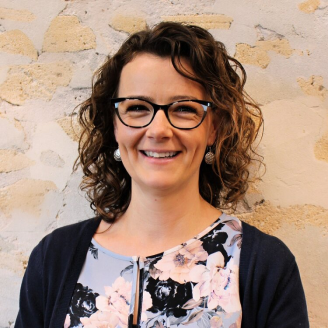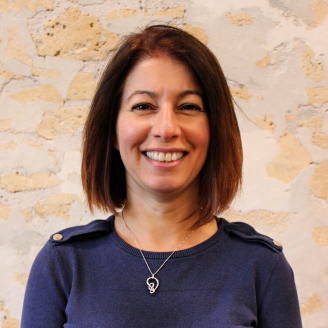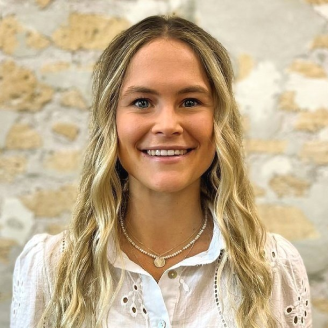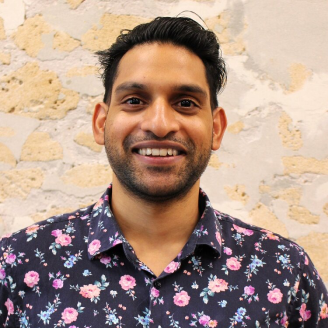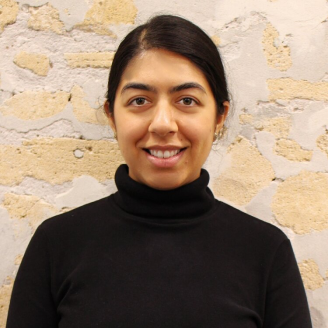OPTOMETRY
Children’s Vision Care
Children learn more from vision than all other senses combined. Our optometry team are passionate about delivering the best eye care to help your child reach their full potential. We provide eye examinations for children of all ages, from babies through to teens.
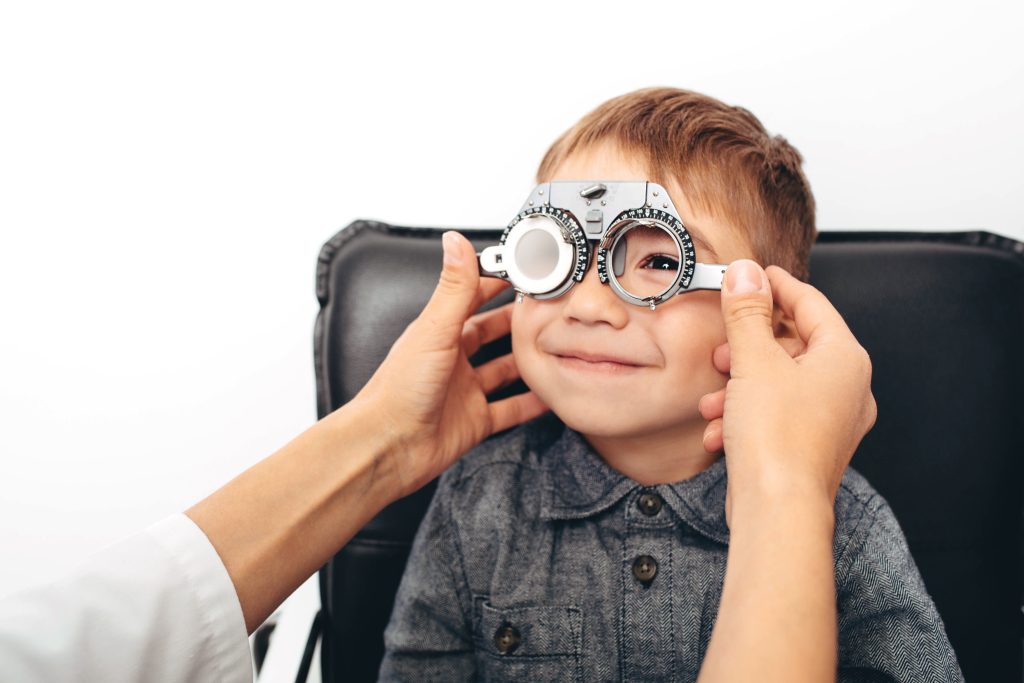
It is estimated that one in five Australian children suffer from an undetected vision problem.
It can be difficult for parents to tell if their child is having issues with their vision, especially if they are young. Making it even more challenging is children who do experience problems often assume that how they see is normal!
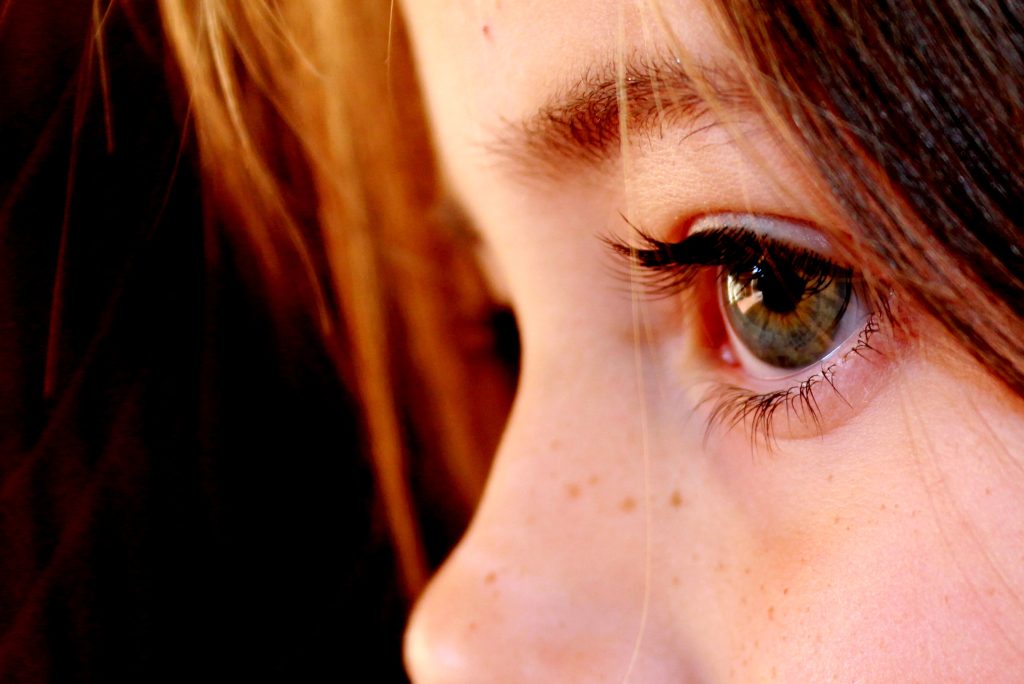
With vision playing such a vital role in a child’s development both inside and outside the classroom, routine eye examinations are important.
From our beginnings as two independent optometry practices in Leederville and Leeming, Bullseye was formed with the philosophy that vision is much more than just eyesight.
Routine eye examinations are important to make sure their visual system is able to meet the changing demands that come with different stages of life – from play-based learning to reading and writing. Regular checks ensure any underlying vision or eye health conditions can be detected early.
1 Common Signs
What are the common signs of vision issues?
Frequent blinking or rubbing of the eyes
Complains of headaches, blurred, or double vision
Difficulty reading, such as confusing or skipping words or re-reading or skipping lines
Holds book very close when reading
Loses place while reading or uses a finger to keep place
Slow, untidy, or frequent mistakes when writing or copying
Avoids reading and other close work
Squints, closes, or covers one eye. One eye turning in or out.
2 What happens in a children’s vision assessment?
What happens?
Our comprehensive children’s examination not only assesses what your child can see but also their visual development and visual skills, including binocular vision and visual perception, that affect how they interpret and understand visual information.
During the assessment, the optometrist will measure your child’s sharpness of sight and the prescription, if required, to provide clear and comfortable vision (acuity and refraction). They will also assess the ability of the eyes to work together as a team (eye teaming), the accuracy and ease of eye movements and the effort required to maintain focus and control over the eyes (eye movement and accommodation), and your child’s ability to distinguish between colours. A full assessment of the health of the eyes will also be conducted, including checking for any abnormalities, signs of eye disease, and other health conditions.
At the end of the consultation, the optometrist will explain the assessment results and discuss recommendations which may include glasses, contact lenses, myopia management, vision therapy, occupational therapy, further testing, or a referral to another health professional.
3 When should my child have their eyes examined?
When should my child have their eyes examined?
We recommend all children have an eye examination by age 3, to ensure there are no signs of a lazy or turned eye or high degrees of long or short-sightedness. A comprehensive behavioural assessment is recommended before a child starts primary school to check for any vision problems that may interfere with learning. Children should have a routine check every year, however, more frequent visits may be required to monitor some eye conditions or vision problems.
OUR SERVICES
More optometry services
Eye Examinations
Our comprehensive eye assessments not only test what you can see but also examine your eye health and how your visual system is working as a whole.

Myopia Management
We offer several treatment methods supported by clinical research to help control the progression of myopia in children and teenagers.

Ready to book an appointment?
Our experienced and friendly team are ready to help you, and answer any questions you might have.







